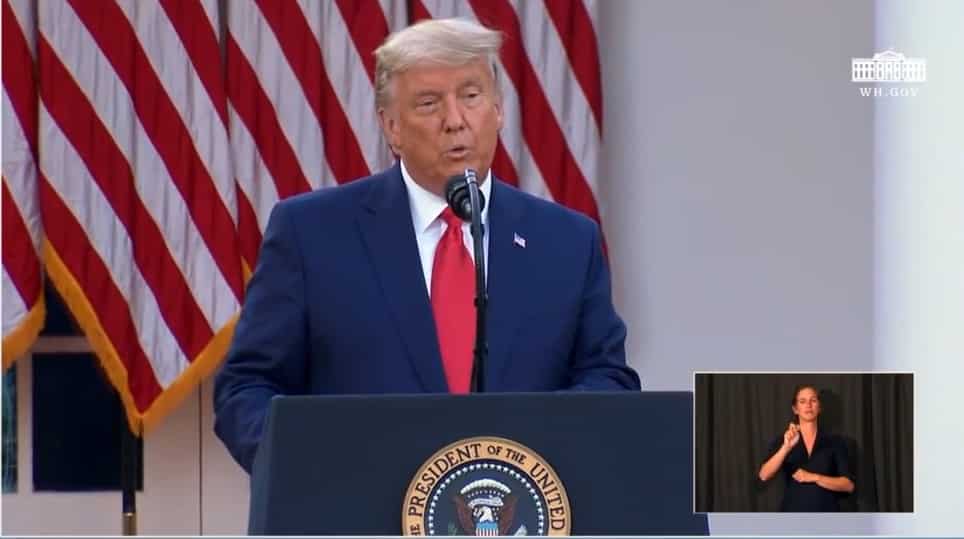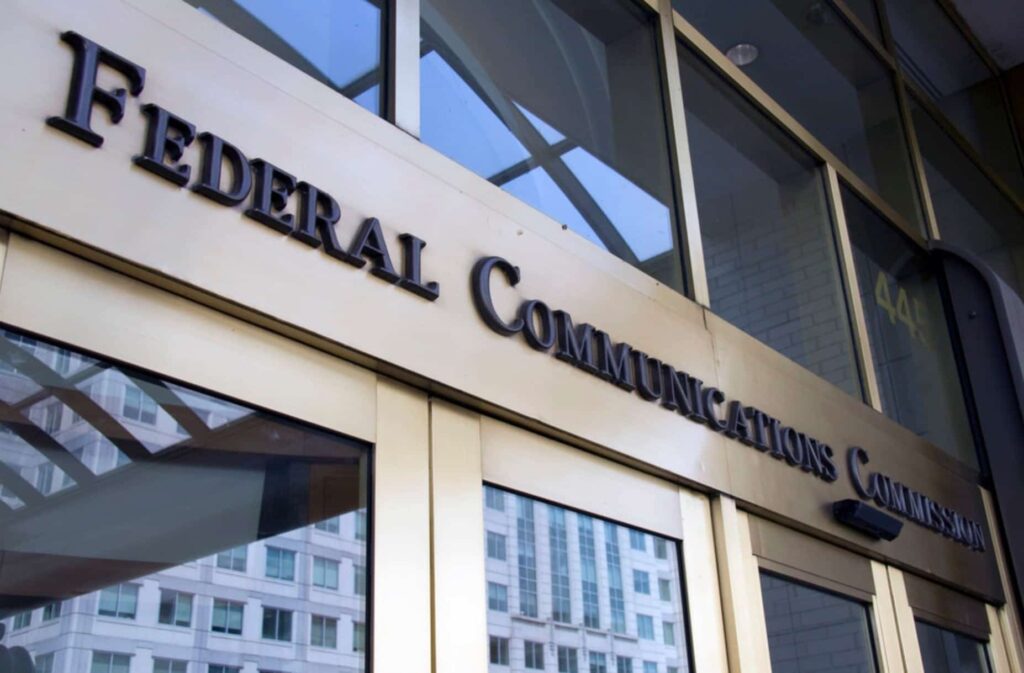Welcome to the latest edition of “ADA in the News,” featuring recent news, updates, events, and rulings regarding the Americans with Disabilities Act.
A United States appeals court has allowed a suit accusing the state of Florida of violating the Americans with Disabilities Act by not providing captions on state legislature videos. The appeals court upheld a lower court’s denial of the state’s motion to dismiss.
The suit was brought under Title II of the ADA and Section 504 of the Rehabilitation Act against Florida officials for failing to provide captioning for live and archived videos of the state’s legislative proceedings.
The plaintiffs in the case initially sent a letter in 2017 requesting that the state provide captioning so that deaf and hard-of-hearing (DHOH) individuals could access videos of legislative proceedings. They claimed that, without being able to access the videos, the DHOH community was being denied meaningful participation in the democratic process.
Florida argued that the lawsuit should be dismissed because of sovereign immunity, which generally shields states from being sued for damages in federal courts.
ASL Interpreter at White House
 An American Sign Language (ASL) interpreter signed at one of the White House’s COVID briefings for the first time last month.
An American Sign Language (ASL) interpreter signed at one of the White House’s COVID briefings for the first time last month.
The inclusion of an ASL interpreter follows the filing of a federal lawsuit by the National Association of the Deaf (NAD), in which the NAD claimed that the White House was excluding deaf people from easily accessing critical information about the pandemic by not providing ASL interpretation at the briefings. The NAD won the lawsuit at the end of September, and the White House must now provide interpretation at all public COVID briefings.
“Sign language and accurate captioning are both essential and crucial to ensuring all deaf and hard-of-hearing people are well informed and are able to make better decisions on how to stay safe from the pandemic,” said NAD CEO Howard Rosenblum.
Northwest Wireless to Pay $175,000 to Settle EEOC Disability Discrimination Lawsuit
Northwest Wireless Enterprises, LLC, will pay $175,000 to a former employee to settle a disability discrimination lawsuit brought by the U.S. Equal Employment Opportunity Commission (EEOC).
According to the EEOC’s lawsuit, a Northwest Wireless sales associate with congenital hearing loss learned that her store manager told her co-workers that he was tired of repeating himself to her and that he wanted to fire her.
The employee filed an internal discrimination complaint and provided written statements from co-workers corroborating the manager’s derisive comments. The suit claims that despite her internal discrimination complaint and her above-average sales performance, Northwest Wireless fired her without warning a month after her complaint.
Such alleged conduct violates the Americans with Disabilities Act, which prohibits employers from discriminating based on disability and retaliation for complaining about it.
Under the two-and-a-half year consent decree settling the suit, Northwest Wireless will pay the former employee $175,000 in lost wages, compensatory damages, and other relief, and work with the Center for Continuing Education and Rehabilitation at the Northwest ADA Center (operated by the University of Washington) to make its internal policies and procedures more effective under the ADA.




